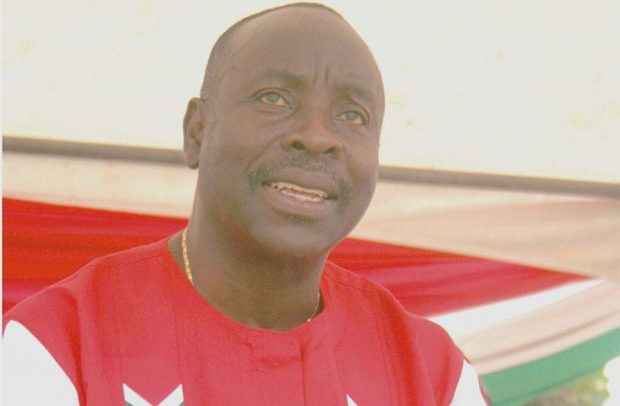Bright Akwetey
The Supreme Court yesterday dismissed an application for contempt brought against President Akufo-Addo over the much-talked-about National Cathedral project.
The contempt action was initiated by a man called Jonathan Holm who is represented by Bright Akwetey. The court described the application as incompetent and without merit.
A seven-member panel chaired by Justice Jones Victor Dotse while dismissing the application said the President is immune from both criminal and civil actions as stipulated by Article 57 (4 and 5) of the 1992 Constitution.
The court went ahead to explain that the same constitution while giving the President immunity also prescribed solutions on how to deal with him in the form of impeachment.
Moving the motion on notice, Mr. Akwetey insisted that even though Article 57 stipulates that the President cannot be sued while in office, he could still be sued when he is personally liable for a crime.
According to him, when the President ‘deliberately’ commits a crime, he is open to legal action and urged the court to commit the President for contempt.
Preliminary Objection
Dorothy Afriyie Ansah, a Chief State Attorney, raised a preliminary objection insisting the President is immune from both criminal and civil actions as per Article 57 (4 and 5) as a sitting President.
She argued that the President can only be sued three years after leaving office as the Constitution mandates, and urged the court not to entertain the application.
In the main suit, the plaintiff is pushing that the President’s pledge and subsequent decision to build a National Cathedral is in fulfilment of his private pledge.
He also argued that the use of the state land to build the National Cathedral is unconstitutional because he said it does not serve any interest of the public.
He, therefore, wants “a declaration that the land designated by the President of the Republic for the construction of the National Cathedral was compulsorily acquired under Section 3 of the Public Lands Ordinance of 1876 (Cap. 134).”
By Gibril Abdul Razak


